Fushun, a once-booming industrial city in China, is now a symbol of the country's worrying future.
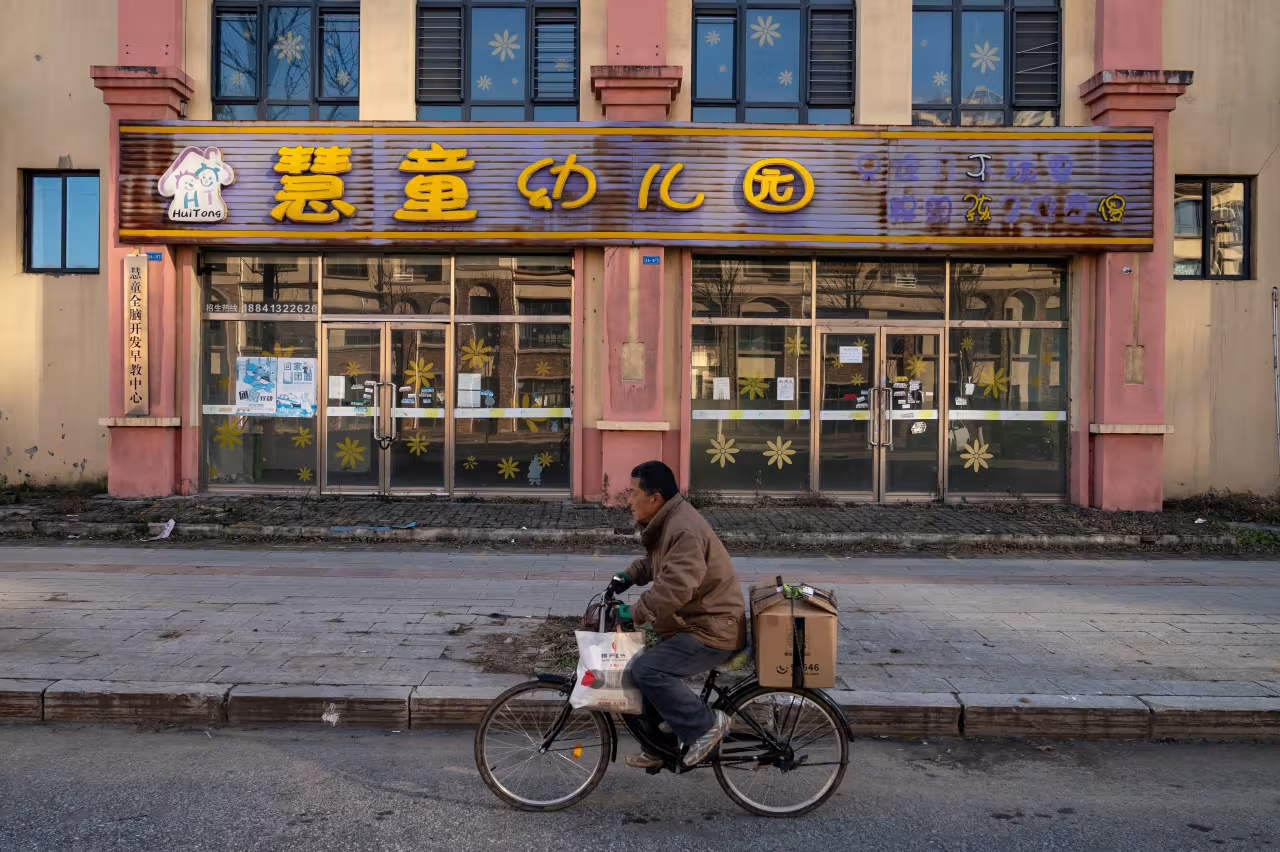
An elderly man cycles past a dusty kindergarten in Fushun city, Liaoning province, China - Photo: WSJ
Fushun City (Liaoning Province, China) was once a symbol of economic development during China's golden age.
But the situation in Fushun today represents the enormous challenges facing the country, including a rapidly aging population, low birth rates and stagnant economic growth.
'Once upon a time'
Once among the top 10 heavy industrial cities in China, accounting for 50% of the country's oil production and 10% of its coal output, Fushun experienced a golden age, attracting workers from all over the country.
At the same time, Phu Thuan is also proud of the "double miracle" of both economic growth and effective population control in the late 20th and early 21st centuries in the context of the one-child policy applied throughout the country at that time.
However, this double miracle gradually turned into a "double crisis" from the 2000s as China transitioned away from a coal-based economy, leading to mine closures.
Today, most of the coal mines and oil refineries that powered the city’s economy have closed. With a third of its population aged 60 or older, Fushun is in deep decline.
The economic and social downturn has prompted a wave of young people leaving the city in search of better opportunities in developed areas.
In 2023, this city of 1.7 million people recorded only 5,541 newborns - an alarming number when compared with the more than 20,000 births in Wayne County, Michigan (USA), which has a similar population.

A brightly lit but deserted shopping mall in Phu Thuan - Photo: WSJ
Signs of aging are everywhere in the city. Bus stops now advertise cemeteries, while taxis advertise dental implants for seniors, instead of job postings as in the past.
Once bustling apartment buildings now stand empty, while many schools have been converted into nursing homes.
Demographic pressures are weighing heavily on the younger generation in Fushun. Wu Guolei, 38, who runs a small restaurant, said he earns only about $15 a day, while the cost of tutoring for his 10-year-old daughter is rising.
China's future picture?
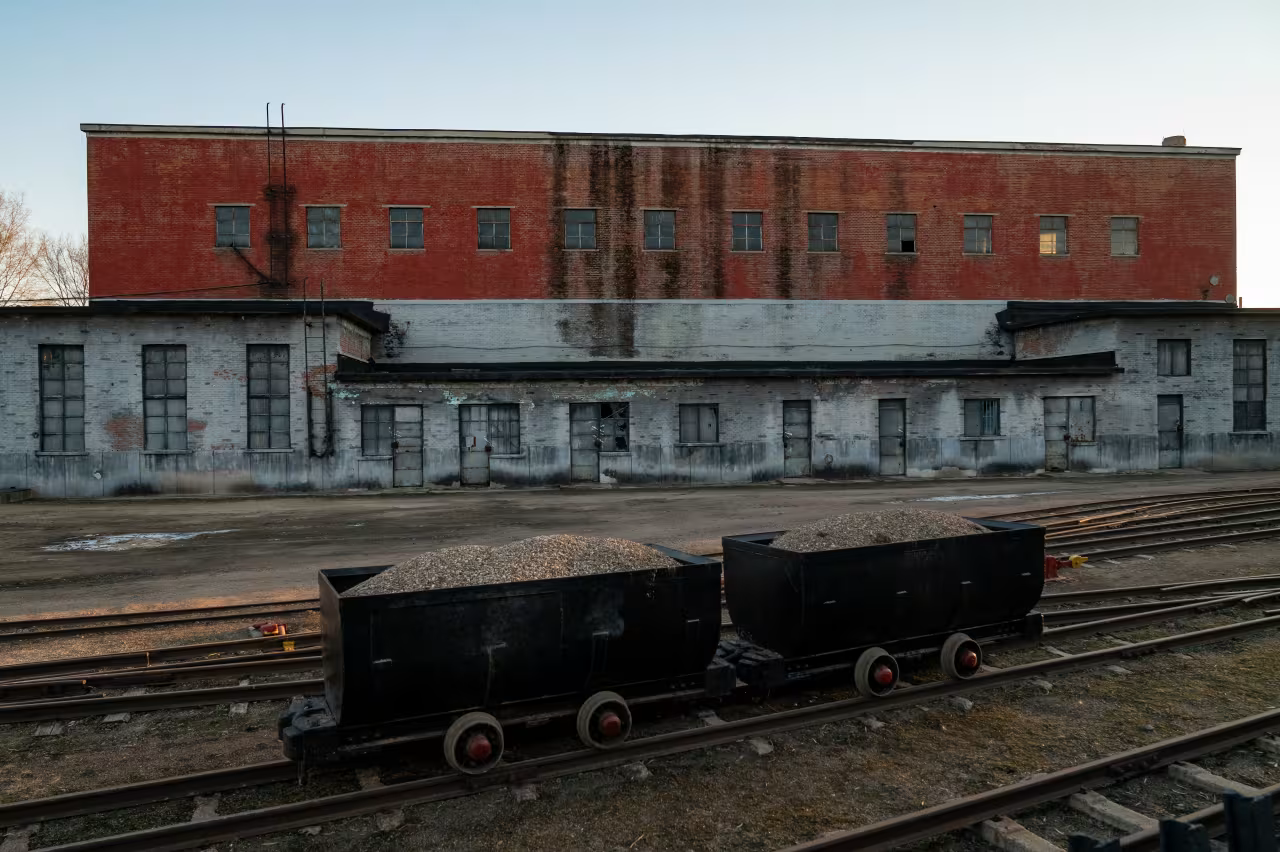
Scenes of the mines and heavy industrial factories in Phu Thuan, which once attracted a large number of workers from all over the country - Photo: WSJ
The story of Fushun is not just a local problem, but a harbinger of what China as a whole faces. In 2022, China’s population began to decline for the first time in decades.
According to the United Nations' forecast for 2035, 30% of China's population will be over 60 years old, similar to the current situation in Fushun city.
During the boom years, the one-child policy was strictly enforced to reduce the burden of child-rearing and increase labor productivity.
However, the long-term consequences of this policy are a shortage of young workers and great pressure on the elderly care system, which is exactly what is happening in the city of Fushun - where the proud "double miracle" was witnessed.
The current situation in this city is a stark warning about the costs of rapid growth and misguided demographic policies. In the future, the Chinese government will need to find more comprehensive solutions if it wants to avoid another “Fushun” appearing.
Source: https://tuoitre.vn/canh-bao-suy-thoai-tu-phu-thuan-mot-bieu-tuong-cua-su-phat-trien-kinh-te-trung-quoc-20241216173503341.htm








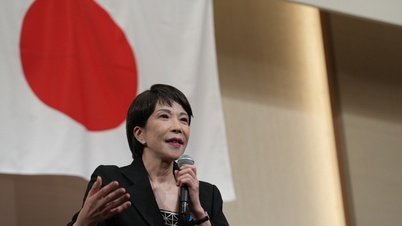







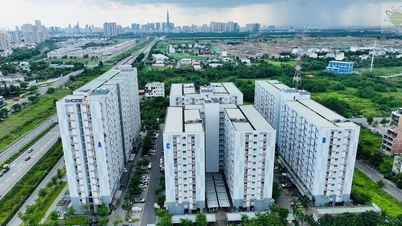
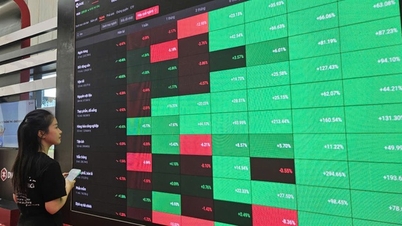







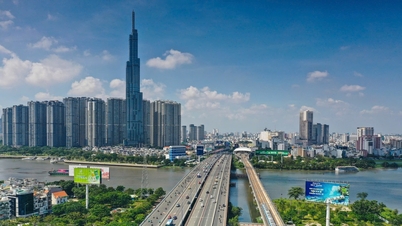
















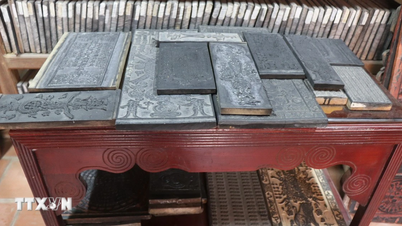

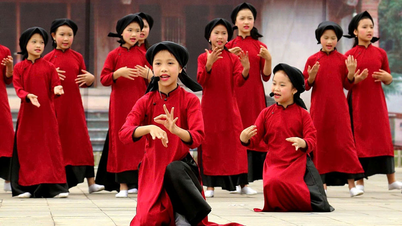






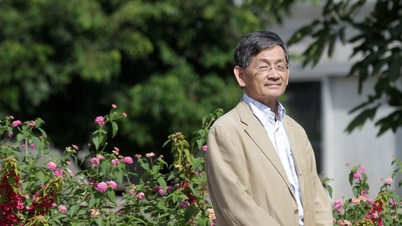

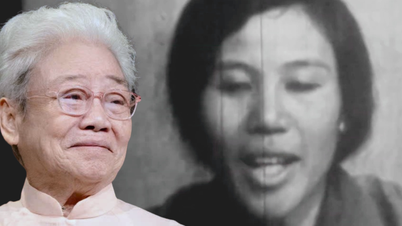


















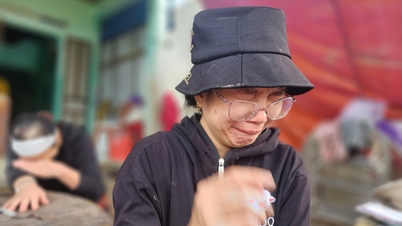
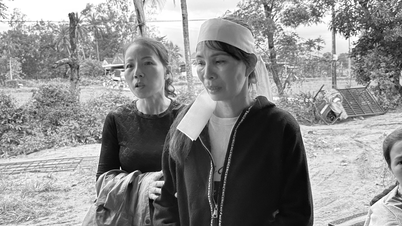





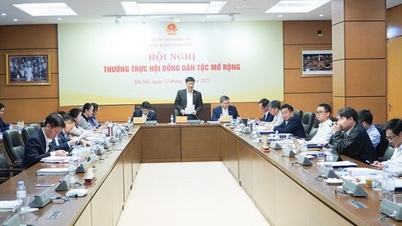








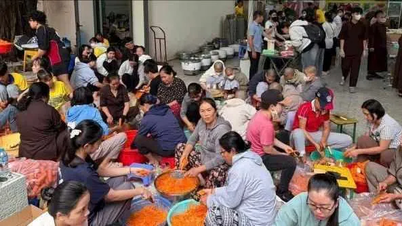

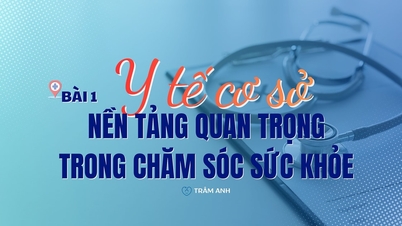

















Comment (0)